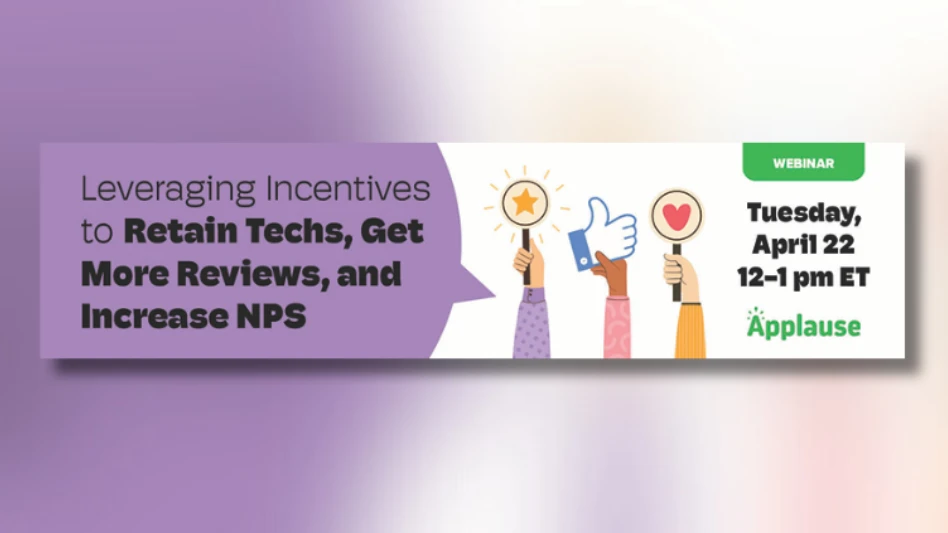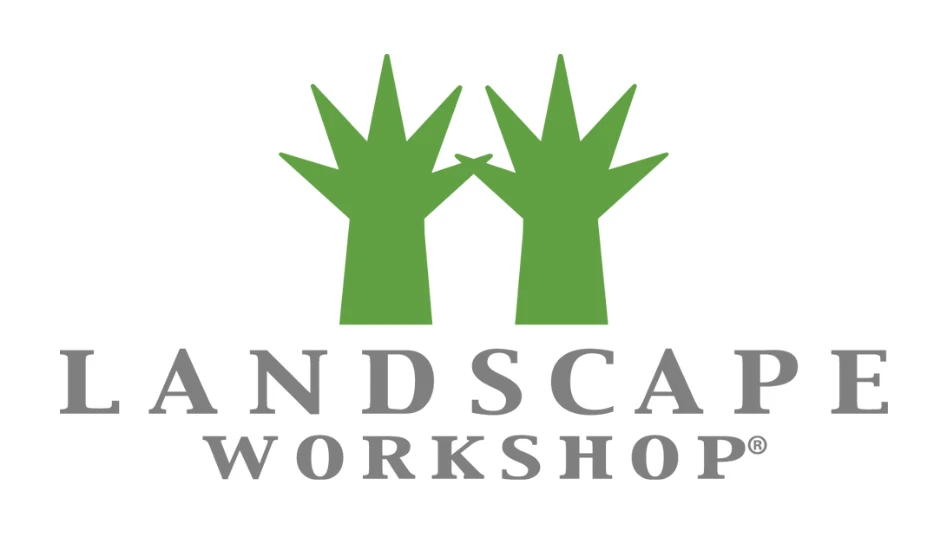The finger always has to point at someone, right? With the season right around the corner for most, there will certainly be mistakes made, and situations that cause you to shake your head.
While your initial response may be to find out who’s at fault for these errors and zero in on that individual, you have to be careful not to spend too much time with a focus on blame.

This topic was discussed at Bruce Wilson & Company’s Higher Ground peer group event I attended last fall.
One of the speakers discussed holding people accountable, and how accountability, not blame, should be the approach to problems. Someone in the audience asked how can you hold someone accountable without blaming them?
The speaker said you have to shape the conversation around learning, and when you blame somebody, it’s never about learning.
You can spend a brief amount of time on who is to blame, but you quickly need to focus on fixing the current problem and, during the process, figure out how to avoid the same mistake happening in the future. Acknowledging that something bad happened doesn’t have to mean you are blaming someone.
If you are going to have a meeting about a mistake that happened, the conversation should focus on how everyone at the table can be part of the solution, not who in the room is to blame.
Acknowledging that something bad happened doesn’t have to mean you are blaming someone.
I stumbled upon an article on Forbes.com that deals with the same subject but from a different point of view.
It approaches blame from the perspective of deadlines not being met, and how to approach it when the person you are speaking with tries to blame someone else. While the author didn’t use an industry-related example, I will adapt one. Say you are in charge of a job, and ask one of your employees on the job why it’s past deadline.
If they’re response is “Well, I couldn’t do my part because Mike hasn’t done his part yet,” don’t get sucked into what Mike hasn’t done. To turn that blame into accountability, the author, Mark Murphy, suggests using the six words, “Let’s discuss what we can control.”
This puts the focus on the accountability of the person in front of you – what they could have done better to make the deadline – and not anyone else. You can deal with Mike’s accountability when you talk to him.
While it’s almost impossible to hold someone accountable without blaming them, you can focus less on the blame and more on the solution. – Brian Horn

Explore the February 2019 Issue
Check out more from this issue and find your next story to read.
Latest from Lawn & Landscape
- Retargeting Ads – A Secret Weapon for Growing Your Lawn Care Business
- Leading a growing company
- Project EverGreen launches Clean Air Calculator
- Rain Bird acquires smart lawn care company OtO from Toronto
- PBI-Gordon names Marvin as VP of research and development
- Mean Green rolls out Vanquish Autonomous mower
- Focal Pointe launches new podcast series
- Navigating due diligence checklist for selling lawn business





